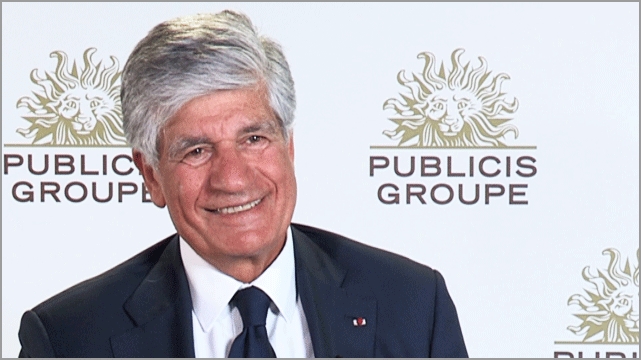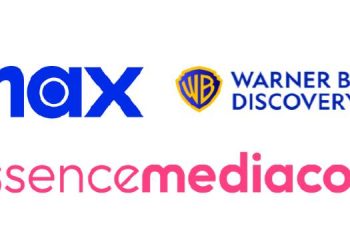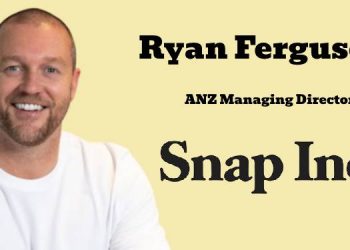
Publicis Groupe chief executive Maurice Levy has hit back at business rival Sir Martin Sorrell’s “nasty” remarks earlier today that theproposed $3.7bn Sapient buyout reflected the behaviour of a “jilted lover” in the wake of the collapse of the Publicis and Omnicom merger.
On a conference call this afternoon Levy said he is well versed in Sir Martin’s “nasty remarks”, and quipped that the WPP chief should stick to topics with which he is better acquainted and leave the subject of love to the French.
He said: “I didn’t know that Sir Martin knew anything about love. I don’t believe it is his area of expertise. If it is about disdain or hatred, this is an area where he has a lot of talent, when it comes to love he should leave that to the French. I’m used to his nasty remarks… at his age it is too late to change, and particularly late to improve.”
Levy said the new powerhouse of digital capabilities the group can offer, following the acquisitions of Razorfish, DigitasLbi, and now the offer for Sapient, will provide “second-to-none” capabilities, and give it a “clear advantage” with regards to its current agency competitor set.
He also referenced the rise of new competitors in the form of management consultancies, citing the likes of Accenture in particular, with whom it has competed against in digital transformation business pitches.
However, he stressed that the increased competition from the likes of management consultancies, accelerated by the blurring lines of advertising and technology, is nothing new, and often offers new forms of collaboration.
“They are entering our territory with offerings that are respectable and we respect them as fair competitors. Sometimes we are collaborating.”
Meanwhile he also denied that the acquisition had been struck in order to meet its plan of generating 50 per cent of Publicis’ revenue from digital by 2018, adding that it would have already been on target to hit that projection.
Sapient’s chief executive and co-chairman Alan Herrick referred to the reasons why the group has turned from its previous independent trajectory.
“Fundamentally to create value our independent path has [previously] been the best option, but when this idea came up and we started to sketch out the strategy, we realised we are really creating a hybrid of half consultancy and half communications,” Herrick said.
He added that the combination of services from both companies is aimed at helping clients tackle areas being disrupted such as commerce and transaction, while fundamentally getting them to “look at ROI differently” and reshape their organisational structure so they can better react and take advantage of the “blurring lines” in advertising and technology.

















